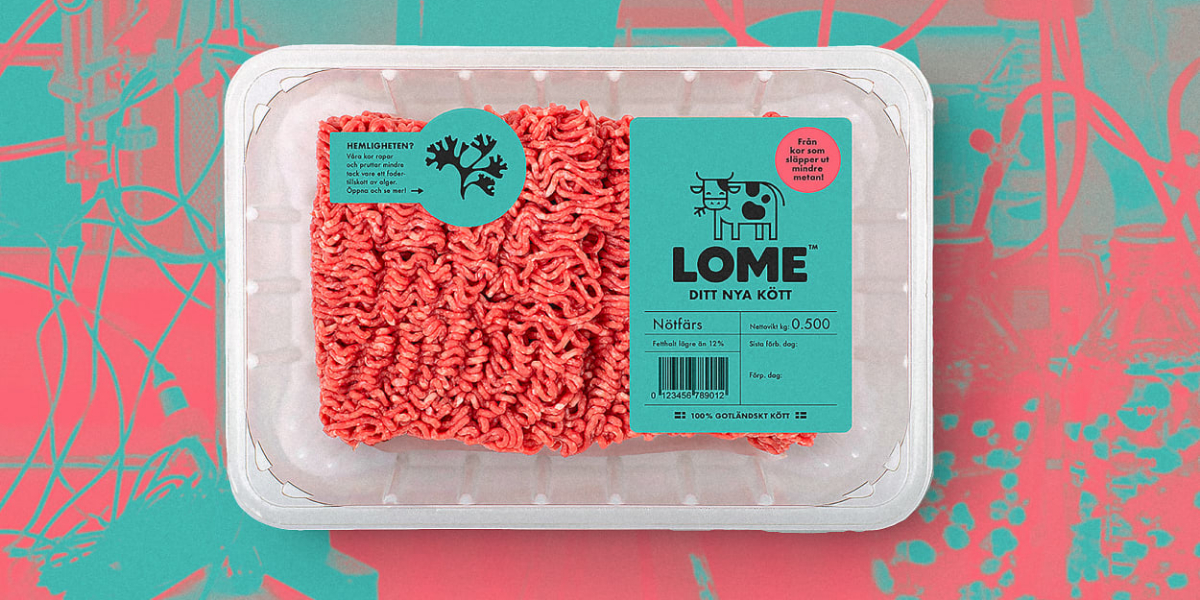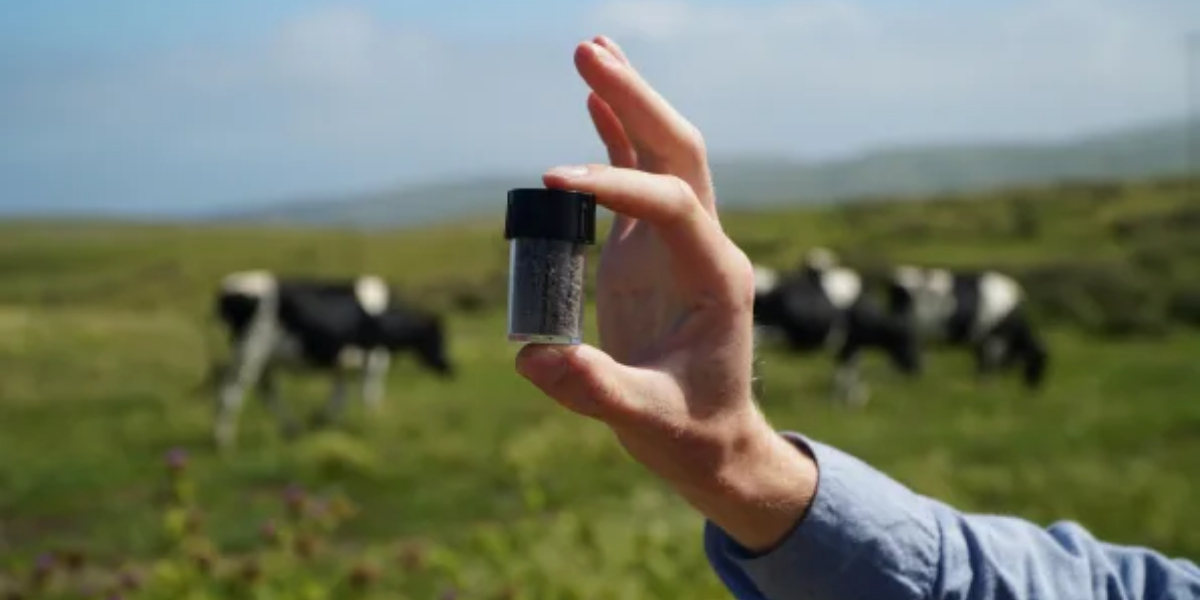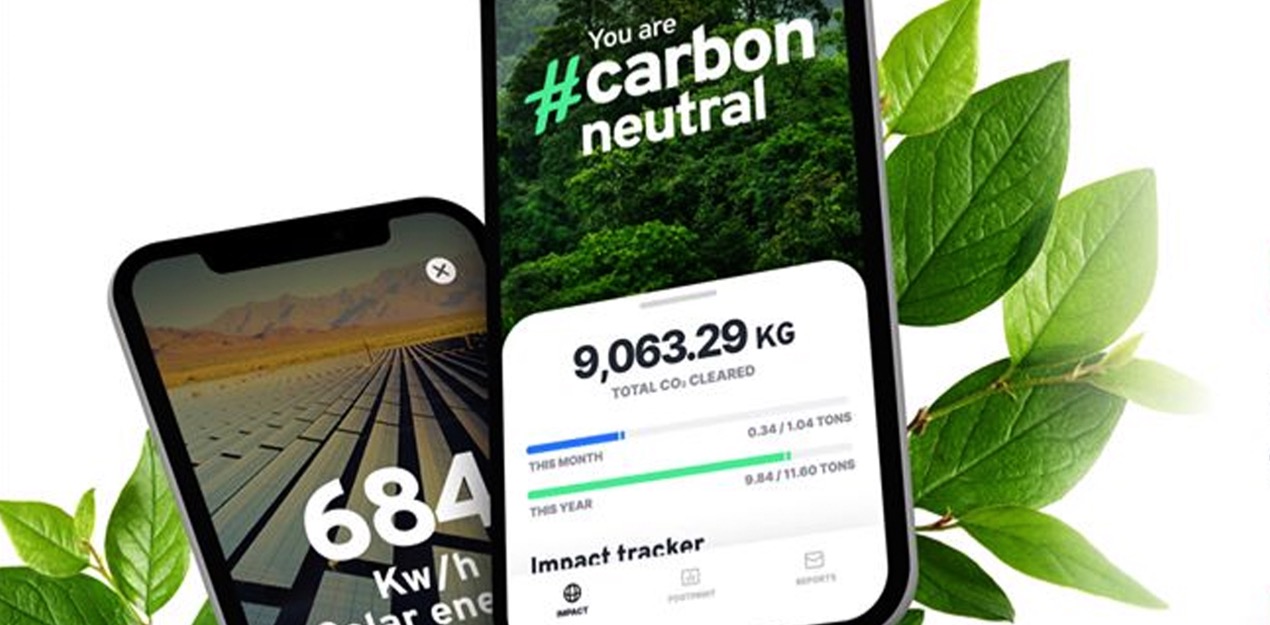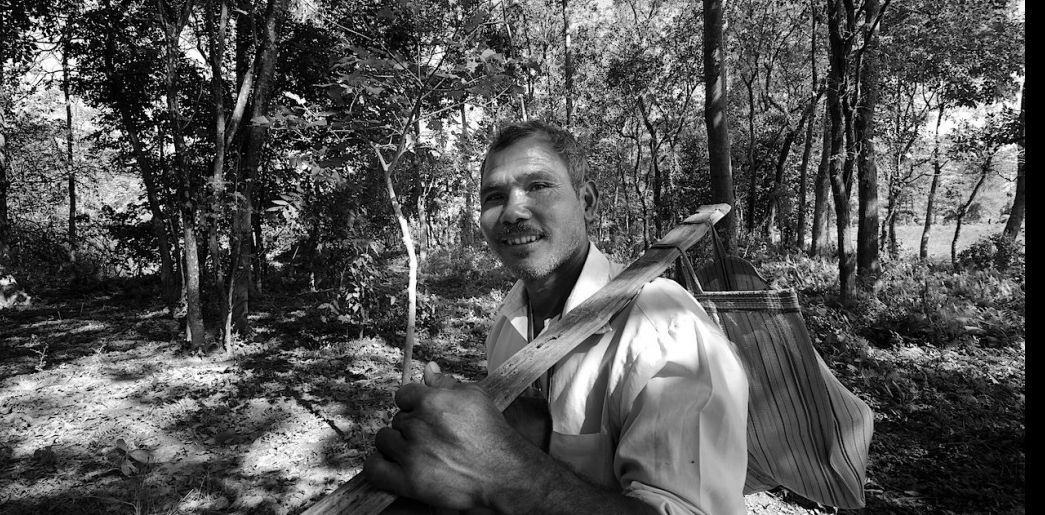AWARD YEAR
2023
CATEGORY
Community
GOALS
Climate Action
KEYWORDS
methane emmision , meat production
COUNTRY
Sweden
DESIGNED BY
Volta Greentech, Coop, Protos
WEBSITE
https://www.fastcompany.com/90765493/the-worlds-first-methane-reduced-beef-is-now-at-grocery-stores
LOME
"Low methane" beef
How does it work?
At the Swedish grocery chain, Coop, there’s now a new product that isn’t available anywhere else in the world: “low methane” beef. Selected stores are selling a limited-edition run of ground beef, sirloin steak, and beef fillets from cattle that have been fed red seaweed—a supplement that cuts emissions of methane, a potent greenhouse gas that cows and steers emit when they burp and fart.
“This is the first time that low-methane beef is going out to consumers,” says Fredrik Åkerman, cofounder and CEO of Volta Greentech, a Swedish startup that grows seaweed. The startup partnered with Coop and a new food company called Protos to bring the food to market in a pilot. The package, featuring a cartoon cow chewing on seaweed, explains the benefit in Swedish; translation: “The secret? Cows are burping and farting less thanks to our pre-addition of algae.” The brand name, LOME, stands for “Low on Methane.”
Why is it needed?
Each of the world’s billion-plus cattle can burp 220 pounds of methane per year—the equivalent emissions of burning more than 900 gallons of gasoline. Methane is around 80 times more powerful than CO2 at heating up the planet, and it’s a big part of the reason why beef and dairy products have large carbon footprints. (Manure is another problem, along with the impact of growing cattle feed.)
How does it improve life?
If you give cattle a little seaweed, of a species called Asparagopsis, it can make them burp less. Studies have found that the supplement can cut emissions from cows by 80%, and sometimes as much as 99%.







